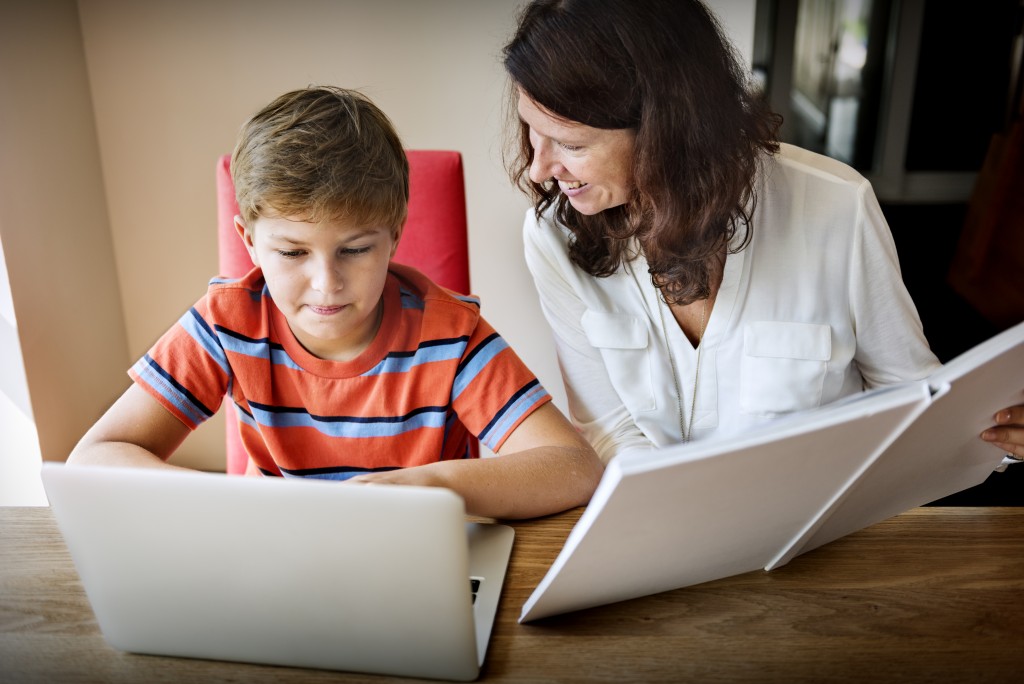Schools and educational institutions are one of the many sectors of society affected by the pandemic. Based on the monitoring of the United Nations Educational, Scientific, and Cultural Organization (UNESCO), around 134 countries are implementing nationwide closures, and 38 have localized closures dependent on the number of infection cases. That has led to almost 60% of the world’s student population stuck in limbo regarding their education.
Discussions to reopen schools must be handled with more thought and care as slip-ups can initiate rapid transmission of the virus. In-person classes are perfect avenues for infection, given how classrooms are small with recirculated air and ventilation. Some teachers are also expressing their hesitance to resume classes, believing that safety measures aren’t enough to quell a possible spread. Meanwhile, for institutions exploring a full distance learning curriculum, parents are worried about the increased amount of screen time for their children. The overexposure to technology can be detrimental to the growth and development of younger students.
With the ongoing debate and the uncertain future of the formal education system, parents are considering homeschooling as an alternative. The method has a lot of benefits to make it attractive to continue education during the pandemic. For one, parents can be in more control of their children’s learning journey and give one-on-one attention, which is lacking in classroom learning.
However, homeschooling can be challenging, especially for beginners. Parents can improve their system by keeping in mind the following tips:
Don’t be limited to traditional subjects
The beauty of homeschooling lies in the integration of education in one’s home life. Parents are doing their children a disservice if all they do is copy the original class schedule and assign readings and exercises. They can use more creative methods for learning, such as cooking with them to introduce fractions and measurements. Life skills can also be taught, such as creating budgets, basic sewing techniques, and emergency preparedness practices.
Cultivate your child’s interests
Without a strict curriculum and learning structure, homeschooled students are free to explore a variety of topics they are interested in. They can delve into more specialized subject areas such as programming, psychology, or professional health coach training. By getting a head start, homeschoolers will be more assured and informed in choosing what they would like their profession to be in the future. Parents can also give their children a sneak peek on what they’re doing for work, passing on insider knowledge and information.
Pay attention to your child’s learning style

One of the strengths of homeschooling is the freedom to adjust the pacing, methodologies, and subjects according to what works best for the child’s level and preferences. If your child is more of a visual learner, you might try using flashcards and flowcharts to illustrate complex ideas and connections. However, if they learn best through auditory stimulation, you can suggest listening to different podcasts as an additional resource or even arrange group discussions for better engagement. Lastly, if they are kinesthetic learners, physical and hands-on experience works best in retaining vital information. Role-playing and action-oriented activities are more effective in explaining concepts than pure discussion.
Homeschooling can become a better alternative for parents to continue the education of their children during the pandemic. They can avoid the common pitfalls by going beyond traditional subjects, cultivating interests, and personalizing the experience according to what works best.




